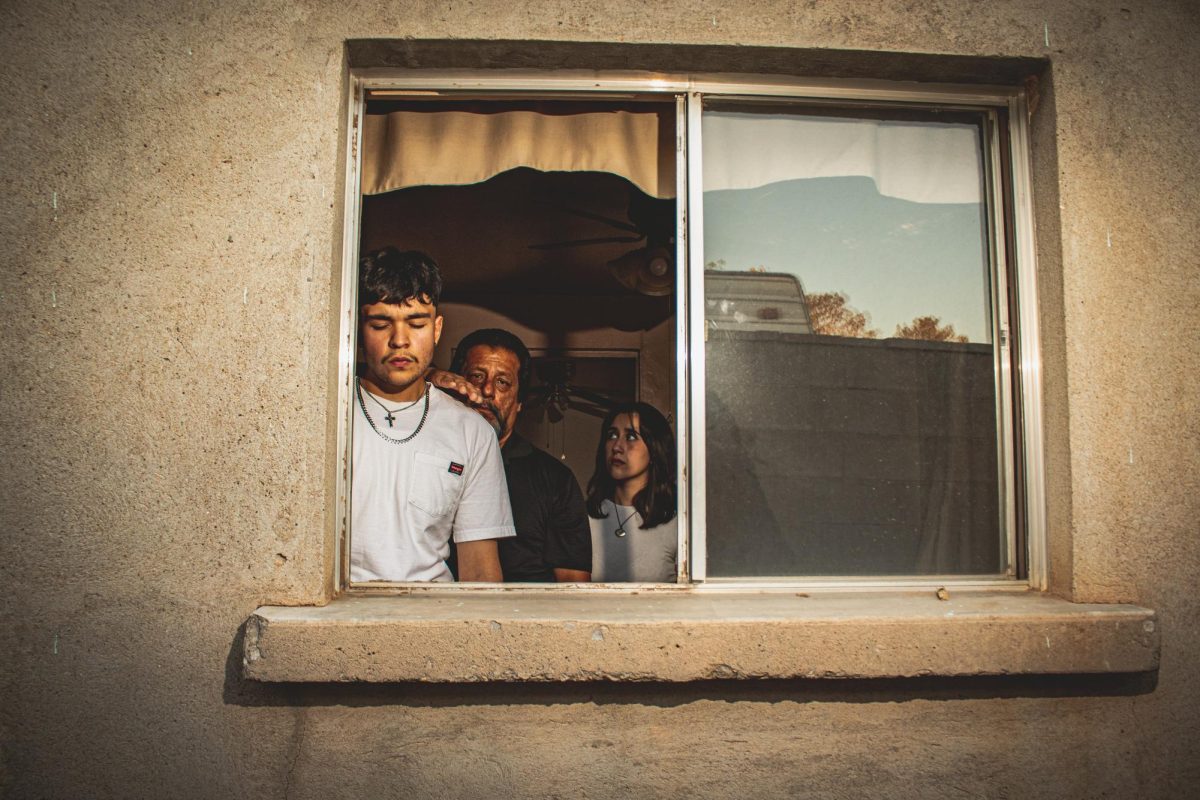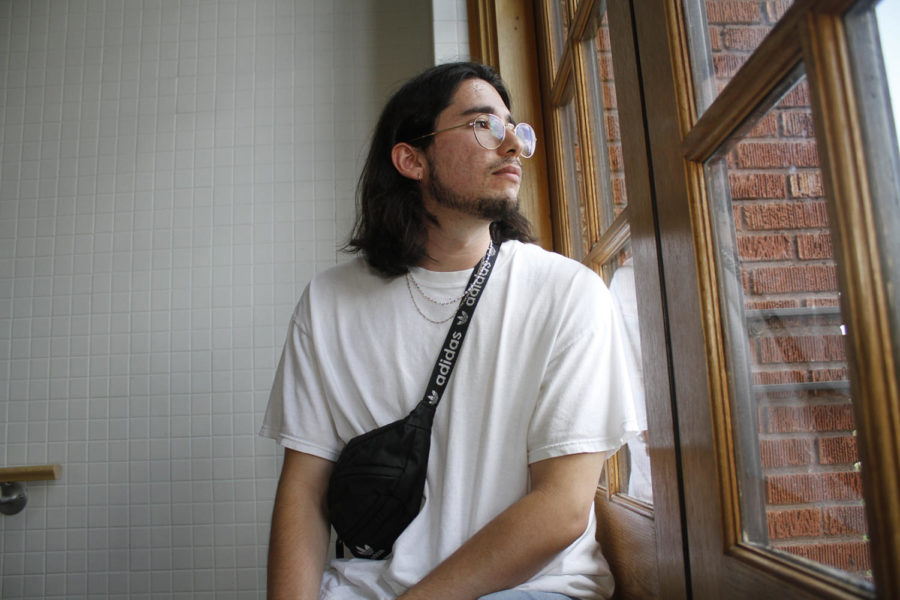The Erasure. The crash.
On January 28, 1948, a DC-3 aircraft carrying 32 persons on board crashed into Los Gatos Canyon, 20 miles west of Coalinga, California. On that day, 32 people fell from the sky and died instantly. Four on board were American crew members, while the other remaining 28 were immigrant farmworkers. Many of them were brought here on labor contracts as part of the Bracero Program, a wartime solution that outlasted the war through a series of agreements between the United States and Mexico. The program allowed Mexican citizens to work temporarily in the U.S. on agricultural contracts, primarily to address labor shortages during and after World War II. A temporary labor force, repatriated as the paperwork demanded.
The headlines called them “mexican nationals” an anonymous cargo. The names of the four Americans were known to all. Their bodies were returned home. The others were simply a statistic, removed from the pages of history, with their families back home left without closure for generations.
The silence was so profound that it called out to one man, whose own story and history were bound to the 28 forgotten souls—and he knew he had to break it.
Listen to your inner calling and see where it takes you.
Tim Z. Hernandez, professor, writer and (now) filmmaker, never intended that this curiosity of his; would get him anywhere.
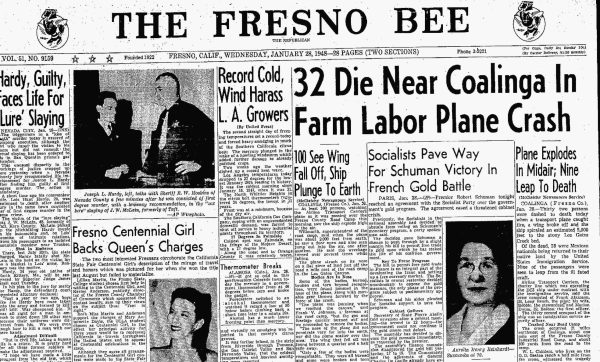
In 2010, Hernandez was conducting research for another project when he came across a 1948 Fresno Bee news article at the Fresno Public Library about a tragic plane crash flying from Oakland to Southern California. The accident claimed 32 lives, but what made the story unforgettable to Hernandez was one striking detail: Only the four American crew members were identified by name in press coverage, while the remaining 28 Mexican passengers were left unnamed (Early reports did mention three of the Mexican passengers, but their names were heavily misspelled). As the story faded further into the past, the names of the 28 victims disappeared entirely— referred to only as “Mexican nationals” on government official records. Furthermore, following their deaths, the remains of the Mexican passengers were shoved into a mass, unmarked grave in an anonymous cemetery in central California.
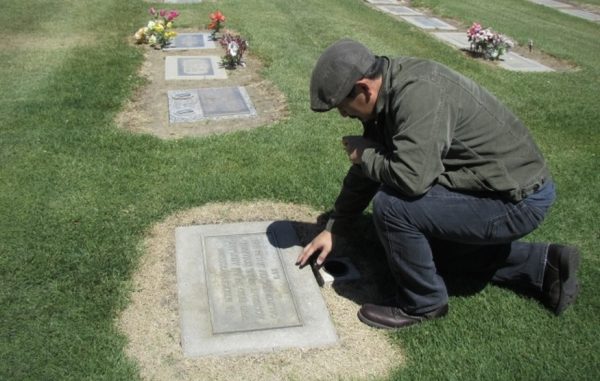
This culmination of attempts at erasure immediately struck Hernandez as a profound injustice. A simple thought, “I just want to see where they’re buried,” evolved into a calling, a calling to find these victim’s names, and bring justice to their families.
Hernandez recalls the early stages of his search as frustrating. “I didn’t have any answers…there was nothing to grab, except instinct,” he said. The “doors” that opened along the way were rarely obvious, unfolding instead through what felt like a series of synchronicities.
One of those moments came when he discovered that the burial site lay just ten miles from his own home at the time. To Hernandez, this was more than coincidence—it was a sign. As his research deepened, he uncovered another revelation: the tragedy had inspired Woody Guthrie’s folk anthem “Deportee,” a song he had heard countless times without ever realizing it was based on a real event.
Suddenly, Hernandez was standing at a crossroads of past and present, music and history, personal memory and collective trauma on the very
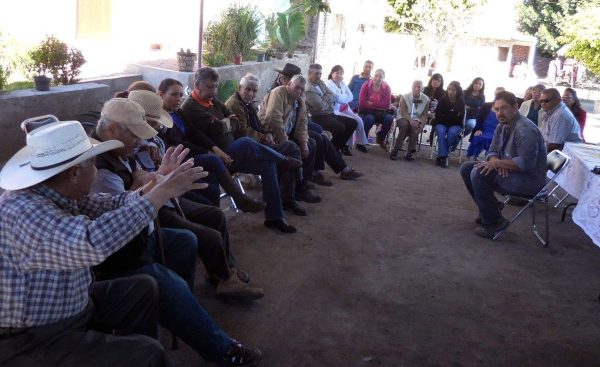
ground he called home.
Hernandez could not phantom what would be next. The next ripple came years later, after finding his first family of one of the victims. The connection was a man named Jaime Ramirez, who grew up hearing stories about his grandfather and uncle that died in a 1940s crash. The moment that Ramirez began to share his family’s story, a “lotus blossom opened up,” Hernandez said. And that’s when he realized he had the start of a great book on his hands.
A fable to all: If you feel it, chase it.
What Hernandez thought was a footnote in history had become the start of a decades-long search to give the forgotten back their names. The story was no longer about the dead alone, it was about the living who carried their memory.
Tim Z. Hernandez didn’t find the answers he was looking for at the start of this journey; he found a conversation. He found a purpose! He found that the time to act is always now, and upcoming in his debut documentary: All They Will Call You, he’s Calling All In.














